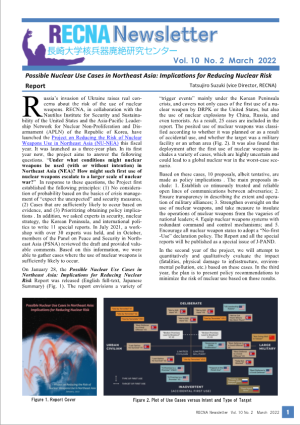RECNA Newsletter Vol.10 No.2 (March 31, 2022)
Research Center for Nuclear Weapons Abolition, Nagasaki University (RECNA) issued Statement on the Russian Invasion of Ukraine and Nuclear Risk on February 25, 2022.
Statement on the Russian Invasion of Ukraine and Nuclear Risk
Research Center for the Nuclear Weapons Abolition, Nagasaki University (RECNA)
February 25, 2022
On February 21, 2022, Russia recognized the independence declarations of the pro-Russian separatists-controlled areas in eastern Ukraine, and on February 24, launched attacks on military facilities and major cities in Ukraine. On February 24, UN Secretary-General António Guterres criticized this move, saying it is inconsistent with the principles of the UN Charter, while the United States, European Union (EU), and Japanese governments decided to impose urgent sanctions. We, RECNA, strongly criticize Russia’s military invasion and express our deepest concern about the serious harm to the nuclear disarmament and non-proliferation regime and the increasing nuclear risk. We also affirm the risks posed by nuclear weapons and demand that nuclear disarmament is an imperative.
1. The risk of nuclear weapons use
It was reported that President Lukashenko of Belarus said on February 20 that Belarus was ready to host Russian nuclear weapons1 and, on February 24, President Putin made remarks that appeared to threaten nuclear strikes2. Even if they emphasized that their intentions are only for “deterrence” or “threat,” if the military confrontation is aggravated, the risk that nuclear weapons will be used may increase. Such nuclear threats pose the danger of fundamentally overthrowing international order and stability. In order to prevent confrontations among states from escalating to nuclear war, immediate suspension of military operations and dialogue among the countries concerned are urgently needed.
2. Risk of accidents at nuclear facilities in Ukraine
On February 24, it was reported that Russian troops had seized control of the Chernobyl nuclear power plant site in Ukraine3. Ukraine is said to have 15 nuclear power plants in operation at four sites, and nuclear power accounts for more than 50% of the total electricity generated. There are six nuclear power plants near the northern Belarusian border and nine near the southern Crimea region. Although a direct attack on these nuclear power plants is unlikely to occur, partly due to the fact that the Protocol Additional to the Geneva Conventions of 12 August 1949, and the Protection of Victims of International Armed Conflicts (Protocol I), 8 June 1977, prohibit attacks on nuclear power plants (also ratified by Russia), the safety of nuclear power plants may not be ensured in wartime4. There is also the danger of contingencies such as large-scale power outages caused by battles, or accidents due to the resistance or escape of nuclear power plant operators. In this context, too, the earliest possible cessation of military operations is imperative.
3. Risk of degrading the nuclear disarmament and non-proliferation regime
Immediately after the Cold War, with the collapse of the former Soviet Union, approximately 4,000 nuclear weapons were left in Ukraine5. These were not owned by the Ukrainian government, but in 1994, Ukraine asked for a security assurance as a condition for the return of all its nuclear weapons, leading to the Budapest Memorandum (1994)6, agreed by the United States, United Kingdom, and Russia. However, now that it has become clear that the promise was broken, the Ukrainian government must feel betrayed7. There are concerns that the fear of other countries facing security threats, including nuclear threats, may lead to nuclear proliferation. The damage to diplomatic efforts for the North Korean denuclearization and the restoring of the Iran nuclear deal will be immeasurable.
The Russian military invasion of Ukraine has deepened the gulf between the United States and Russia, and the future of disarmament among the nuclear superpowers has become even more uncertain. Military actions that do not even hesitate to threaten the use of nuclear weapons and shun opportunities for disarmament are acts in violation of the obligation to pursue negotiations in good faith for nuclear disarmament, as set forth in Article VI of the Nuclear Non-proliferation Treaty (NPT). Together with its betrayal of Ukraine, which has denuclearized and joined the NPT, Russia bears an extremely heavy responsibility. It is in Russia’s interest to prevent the increased risk of nuclear proliferation and the growing distrust of the NPT, and it should immediately stop military action and decide to restore Ukraine to its original state.
1 Tim McNulty, “Ukraine Crisis: Vladimir Putin ready to deploy ‘super nuclear weapons’ on Belarus border”, Express, February 20, 2022. https://www.express.co.uk/news/world/1569066/Ukraine-Crisis-Russia-Vladimir-Putin-latest-nuclear-weapons-Belarus-World-War-3-vn
2 Roger Cohen, “Putin, warning against interference, says that Russia is a ‘powerful nuclear state’”, The New York Times, February 24, 2022. https://www.nytimes.com/live/2022/02/24/world/russia-attacks-ukraine#putin-nuclear-war-ukraine
3 Gul Tusyz, Anastasia Graham-Yooll, Tamara Qiblawi and Roman Tymotske, “Russian forces seize control of Chernobyl nuclear plant, Ukrainian official says”, CNN, February 24, 2022. https://edition.cnn.com/2022/02/24/europe/ukraine-chernobyl-russia-intl/index.html
4 Isabella Begoechea, “Nuclear risk from war in Ukraine isn’t targeted missiles but accidental hits on reactors, safety expert warns”, inews, Feb.23, 2022. https://inews.co.uk/news/world/ukraine-war-nuclear-risk-russia-missiles-accidental-hits-reactors-1478269
5Robert S. Norris, “The Soviet Nuclear Archipelago”, Arms Control Today, Vol.22, No.1, “Loose Nukes Special Issue”, January/February 1992. pp.24-31. https://www.jstor.org/stable/23624674?refreqid=excelsior%3A1cb8c641bcdbc3918b92567baedec9d3&seq=2#metadata_info_tab_contents
6Budapest Memorandum on Security Assurance. The United States, United Kingdom, and Russia agreed to provide security assurance to Belarus, Kazakhstan, and Ukraine in response to their decision to join the NPT. Signed on December 5, 1994.
7 Editorial Board of Wall Street Journal, “How Ukraine was Betrayed in Budapest: Kyiv gave up its nuclear weapons in return for security assurances. So much for that”, Wall Street Journal, February 23, 2022. https://www.wsj.com/articles/how-ukraine-was-betrayed-in-budapest-russia-vladimir-putin-us-uk-volodymyr-zelensky-nuclear-weapons-11645657263?mod=hp_opin_pos_6#cxrecs_s
It is published simultaneously by RECNA-Nagasaki University, Asia Pacific Leadership Network for Nuclear Non-proliferation and Disarmament (APLN), and Nautilus Institute.
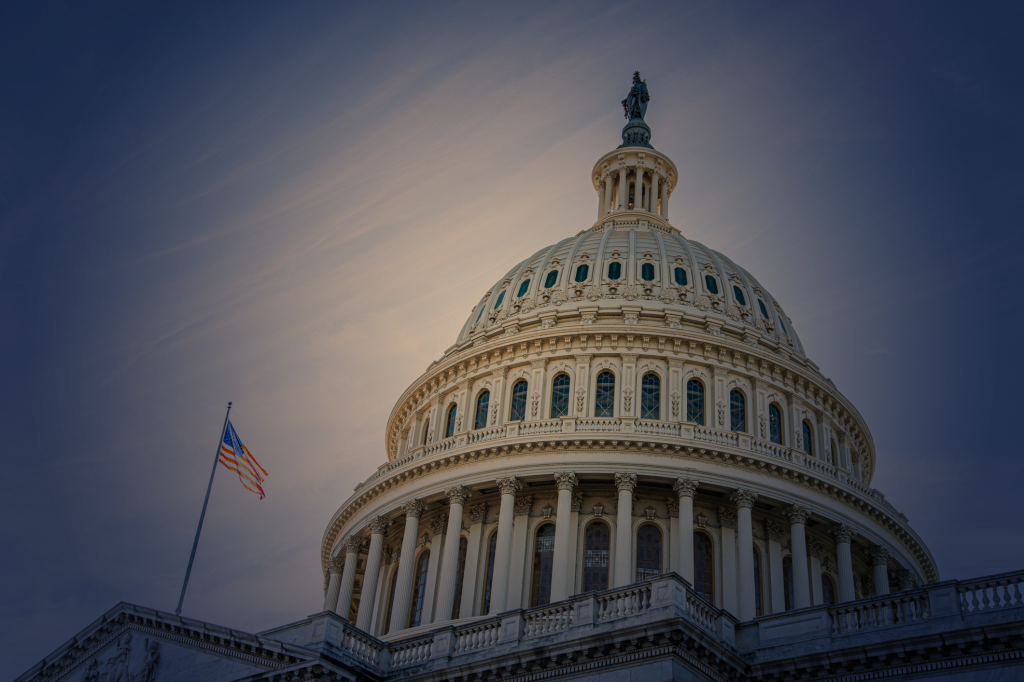
REDUCING OR EXPLOITING RISK? VARIETIES OF US NUCLEAR THOUGHT AND THEIR IMPLICATIONS FOR NORTHEAST ASIA
Van Jackson
Prepared for the
Project on Reducing the Risk of Nuclear Weapons Use
in Northeast Asia (NU-NEA)
Co-sponsored by
The Research Center for Nuclear Weapons Abolition, Nagasaki University (RECNA),
The Nautilus Institute for Security and Sustainability, and
The Asia-Pacific Leadership Network for Nuclear Non-Proliferation and Disarmament (APLN)
with cooperation of
Panel on Peace and Security of Northeast Asia
Additional funding by the MacArthur Foundation
February 28, 2022
This paper argues that there is no monolithic “United States perspective” when it comes to theories of nuclear stability, either structurally or during a crisis. Instead, the propensity of American policymakers to use or invest in nuclear weapons is heavily conditioned by their political and ideological orientation. There has always been a rough ideological divide between nuclear hawks (those tending to favor military coercion) and doves (those generally opposing signaling threats of force) in the United States, but the past several decades have seen more diversity in the types of views and preferences expressed in policy circles about strategic stability and the (dis)utility of nuclear weapons. This paper categorizes the various US perspectives on nuclear weapons as “arms-controllers,” who seek to reduce risks to strategic stability and view advanced conventional weapons as heightening the risks of nuclear use, “nuclear traditionalists,” who accept the logic of mutually assured destruction, “nuclear primacists,” who believe stability derives from nuclear superiority, escalation dominance, and the willingness to launch damage-limiting nuclear first-strikes, and “future-of-war” strategists, who de-center the role of nuclear weapons in US strategy in favor of a focus on precision-guided conventional munitions and delivery systems. These categorical distinctions, and which group holds the attention of policymakers, matters. The scope for US nuclear weapons use—and the propensity to engage in actions that trigger adversary nuclear considerations—narrows and widens depending on whose logic and preferences prevail both over time and in moments of crisis or shock.
Keywords:
United States, Nuclear Strategy, Nuclear Use, Northeast Asia, Biden Administration
Authors’ Profile:
Van Jackson is a professor of International Relations at Victoria University of Wellington, as well as a distinguished fellow at the Asia Pacific Foundation of Canada, and a senior associate fellow with APLN. He is the author of two books on US-North Korea relations, as well as the forthcoming book, Pacific Power Paradox: American Statecraft and the Fate of the Asian Peace (Yale University Press). Before becoming a scholar, Van served in several policy and strategy positions in the Office of the Secretary of Defense during the Obama administration. Research for this paper received additional support from the Federation of American Scientists “Conditions for US-ROK Conventional Arms Reduction” project sponsored by the Korea Foundation.
It is published simultaneously by RECNA-Nagasaki University, Asia Pacific Leadership Network for Nuclear Non-proliferation and Disarmament (APLN), and Nautilus Institute.

POTENTIAL USE OF LOW-YIELD NUCLEAR WEAPONS
IN A KOREAN CONTEXT
Eva Lisowski
Prepared for the
Project on Reducing the Risk of Nuclear Weapons Use
in Northeast Asia (NU-NEA)
Co-sponsored by
The Research Center for Nuclear Weapons Abolition, Nagasaki University (RECNA),
The Nautilus Institute for Security and Sustainability, and
The Asia-Pacific Leadership Network for Nuclear Non-Proliferation and Disarmament (APLN)
with cooperation of
Panel on Peace and Security of Northeast Asia
Additional funding by the MacArthur Foundation
February 22, 2022
This report explores the potential uses of low-yield nuclear weapons in the context of a possible conflict on the Korean Peninsula. It starts with a definition of low-yield weapons—typically, weapons with yields of ten kilotons or less that are designed to be nonstrategic or “tactical” weapons used with shorter-range delivery systems, prepared for the purpose of attacking troops or battlefield infrastructure. The paper then reviews the history of United States legislation regarding low-yield weapons and describes three generic scenarios in which foes possessing low-yield weapons might choose, or not choose, to use them during a military conflict. Examples of radioactive fallout maps are provided based on HYSPLIT modeling for explosions of 0, 3 and 10 kilotons at a location in the Korean demilitarized zone at different times of the year. The arsenals of low-yield weapons in the states possessing nuclear weapons in Northeast Asia, as well as the United States, are compared, and seven possible “use cases” for low-yield nuclear weapons involving the Korean Peninsula are put forward.
Keywords:
Korean Peninsula, Nuclear Issue, DPRK, Denuclearization, Balance of Power
Authors’ Profile:

Eva Lisowski is a member of the Nuclear Weapons Education Project at the Massachusetts Institute of Technology, from where she graduated in 2020 with a BS in Nuclear Science & Engineering. Her prior publications include evaluations of the attractiveness of fissile materials in advanced nuclear reactors to weapons of mass destruction construction, and analysis of fissile material production in India following the US-India Civil Nuclear Agreement. Her current work focuses on simulating the consequences of nuclear weapon detonations and missile strikes targeting civilian nuclear reactors. As a young member of the American Nuclear Society and 2019 Summer Fellow at the United States Nuclear Industry Council, Ms. Lisowski has participated in nuclear energy advocacy at the Massachusetts State House and on Capitol Hill in Washington D.C. Ms. Lisowski has studied and conducted research at the Tokyo Institute of Technology and hopes to contribute to nuclear security and non-proliferation by strengthening US-Japan research collaboration. She returned to Tokyo Tech in September 2021 to pursue an MS in Nuclear Science & Engineering.
It is published simultaneously by RECNA-Nagasaki University, Asia Pacific Leadership Network for Nuclear Non-proliferation and Disarmament (APLN), and Nautilus Institute.

Avoiding Nuclear War In The Taiwan Strait
Sheryn Lee
Prepared for the
Project on Reducing the Risk of Nuclear Weapons Use
in Northeast Asia (NU-NEA)
Co-sponsored by
The Research Center for Nuclear Weapons Abolition, Nagasaki University (RECNA),
The Nautilus Institute for Security and Sustainability, and
The Asia-Pacific Leadership Network for Nuclear Non-Proliferation and Disarmament (APLN)
with cooperation of
Panel on Peace and Security of Northeast Asia
Additional funding by the MacArthur Foundation
February 18, 2022
China’s improving nuclear arsenal, the United States’ deteriorating “strategic ambiguity” policy, and Taiwan’s increasing identification as independent polity raises the prospect of conflict over Taiwan. But the use of nuclear weapons in the Taiwan Straits would happen only under extreme circumstances. This paper argues Beijing is increasing its use of gray-zone tactics with conventional and non-military means below the level of nuclear provocation to tip the cross-straits military balance in its favor. This report first examines China’s aim to achieve unification with Taiwan via its use of threat and use of force in both the nuclear and conventional domains through a close examination of the three historical cross-strait crises. Second, it outlines the geostrategic and geopolitical rationale for continued American support for Taiwan in an era of United States-China competition. Lastly, it explores the role of Taiwan’s consolidating democracy and how Taipei responds to Beijing’s coercion. The report concludes with consideration of how the Taiwan Straits case may affect the possibility of nuclear weapons use in Northeast Asia, including in Japan and on the Korean peninsula.
Keywords:
Strategic ambiguity, Cross-Straits relations, Nuclear domino effect, US-China relations, Taiwanese Independence
Authors’ Profile:
Dr Sheryn Lee is a senior lecturer in the Department of Leadership and Command and Control at the Swedish Defence University, Stockholm. Dr Lee was previously an analyst for the Office of National Intelligence, Australia. Prior to that she was a lecturer in the Department of Security Studies and Criminology, Macquarie University. She holds a PhD from the Strategic and Defence Studies Centre, ANU, where she was a TB Millar Scholar, and an AM in Political Science from the University of Pennsylvania where she was a Benjamin Franklin Fellow and Mumford Fellow. She has also been a non-resident WSD-Handa Fellow at the CSIS Pacific Forum and a Robert O’Neill Scholar at the IISS-Asia, Singapore.
It is published simultaneously by RECNA-Nagasaki University, Asia Pacific Leadership Network for Nuclear Non-proliferation and Disarmament (APLN), and Nautilus Institute.

PROSPECTS FOR DPRK’S NUCLEAR USE SCENARIOS AND DETERRENCE MEASURES OF THE US AND ROK ALLIANCE
Lee Sangkyu
Prepared for the
Project on Reducing the Risk of Nuclear Weapons Use
in Northeast Asia (NU-NEA)
Co-sponsored by
The Research Center for Nuclear Weapons Abolition, Nagasaki University (RECNA),
The Nautilus Institute for Security and Sustainability, and
The Asia-Pacific Leadership Network for Nuclear Non-Proliferation and Disarmament (APLN)
with cooperation of
Panel on Peace and Security of Northeast Asia
Additional funding by the MacArthur Foundation
February 18, 2022
[This article reflects the personal opinions of the author, not the official opinions of the government of the Republic of Korea.]
The purpose of this paper is to develop cases for the DPRK’s use of nuclear weapons. As background, firstly, the deterrence and countermeasure strategies of the United States-ROK alliance in the face of the increasingly sophisticated DPRK’s nuclear threat is examined. Then, the DPRK’s nuclear capabilities and nuclear strategy are investigated, and nuclear use cases are presented in detail based on those strategies. The relative priorities and feasibility of the different DPRK nuclear use cases were analyzed using parameters evaluating their military effect, the potential for US nuclear retaliation, and the level of civilian casualties. Among the expected cases, an attack on the ROK Mobile Corps would seem to be the most probable scenario, since the benefits that the DPRK would gain from such an attack would be high. Within that case, there is a danger of nuclear provocation due to the asymmetry between the DPRK’s nuclear possession and ROK’s possession of only conventional forces. The importance of the US extended deterrence policy to deter the DPRK’s nuclear threat is therefore emphasized, and measures to strengthen the credibility of US extended deterrence are also suggested.
Keywords:
DPRK, Nuclear Capabilities, Nuclear Strategy, Nuclear Use Cases, US-ROK Alliance
Authors’ Profile:
Professor Lee Sangkyu is a Republic of Korea (ROK) army officer and assistant professor at the Korea Military Academy (KMA). His main research focus is the Democratic People’s Republic of Korea’s (DPRK) nuclear threats, including its nuclear capabilities, strategies, and command and control system. Professor Lee holds PhD and MS degrees in Nuclear Engineering from the University of Utah in the United States. He has been an assistant professor in the Department of Physics at KMA since 2019, and from 2017 to 2018 served as the Nuclear Policy Planning Officer at the North Korea Policy Bureau, Ministry of National Defense, Republic of Korea.
It is published simultaneously by RECNA-Nagasaki University, Asia Pacific Leadership Network for Nuclear Non-proliferation and Disarmament (APLN), and Nautilus Institute.
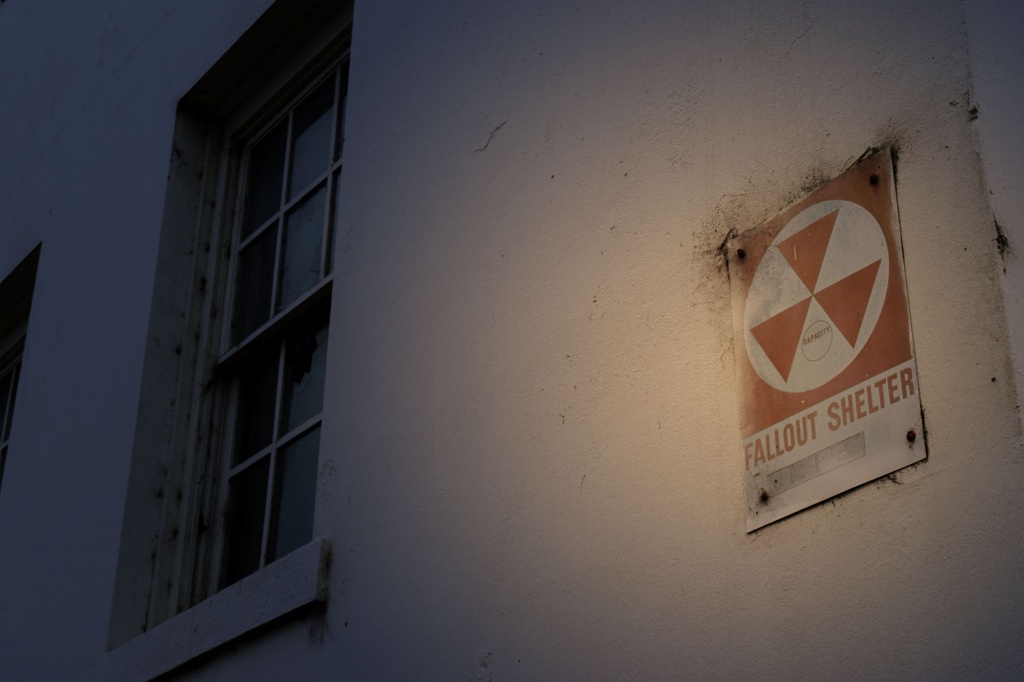
COUNTERFORCE DILEMMAS AND
THE RISK OF NUCLEAR WAR IN EAST ASIA
Ian Bowers
Prepared for the
Project on Reducing the Risk of Nuclear Weapons Use
in Northeast Asia (NU-NEA)
Co-sponsored by
The Research Center for Nuclear Weapons Abolition, Nagasaki University (RECNA),
The Nautilus Institute for Security and Sustainability, and
The Asia-Pacific Leadership Network for Nuclear Non-Proliferation and Disarmament (APLN)
with cooperation of
Panel on Peace and Security of Northeast Asia
Additional funding by the MacArthur Foundation
February 9, 2022
The discovery of new Chinese nuclear missile silos, a seemingly escalating nuclear-conventional arms competition between the Democratic People’s Republic of Korea (DPRK) and the Republic of Korea (ROK), and the announcement that Australia, in concert with the US (United States) and UK (United Kingdom), is pursuing nuclear-powered attack submarines are events that collectively indicate a worsening security environment in East Asia. Using geostrategic, operational, and technological factors as the basis for analysis, this paper contextualizes these and other developments and assesses the potential for nuclear war in East Asia in general and on the Korean Peninsula in particular.
The most dangerous threat to strategic stability is a counterforce dilemma where the conventional weapons of the US, China, and regional East Asian actors may create strategic instability by their intentional or inadvertent entanglement or use to target the nuclear forces of another state, resulting in pursuit of more secure second-strike capability by the countries of the region, and forming the heart of conventional warfighting and deterrence strategies. The many different conflictual or competitive relationships across the region make arms control initiatives unlikely to succeed, but the maritime nature of the geostrategic environment and the lack of existential threat that the United States and China pose to each other may offer fewer natural pathways to the use of nuclear weapons for either China or the United States than there were for the adversaries in the Cold War.
Keywords:
United States, China, Conventional Weapons, Arms Control, Nuclear War
Authors’ Profile:

Ian Bowers is an Associate Professor at the Centre for Joint Operations at the Royal Danish Defense College. His research focuses on deterrence, the future operational environment, sea power, and East Asian security. His research has been published in several international journals including International Security, the Journal of Strategic Studies, the Naval War College Review, and the Korean Journal of Defense Analysis. His most recent co-authored work, titled “Conventional Counterforce Dilemmas: South Korea’s Deterrence Strategy and Stability on the Korean Peninsula,” was published in International Security. Bowers has also published a monograph on the modernization of the Republic of Korea Navy, and edited volumes on sea power and military change. Bowers holds a PhD in War Studies from King’s College London.
It is published simultaneously by RECNA-Nagasaki University, Asia Pacific Leadership Network for Nuclear Non-proliferation and Disarmament (APLN), and Nautilus Institute.
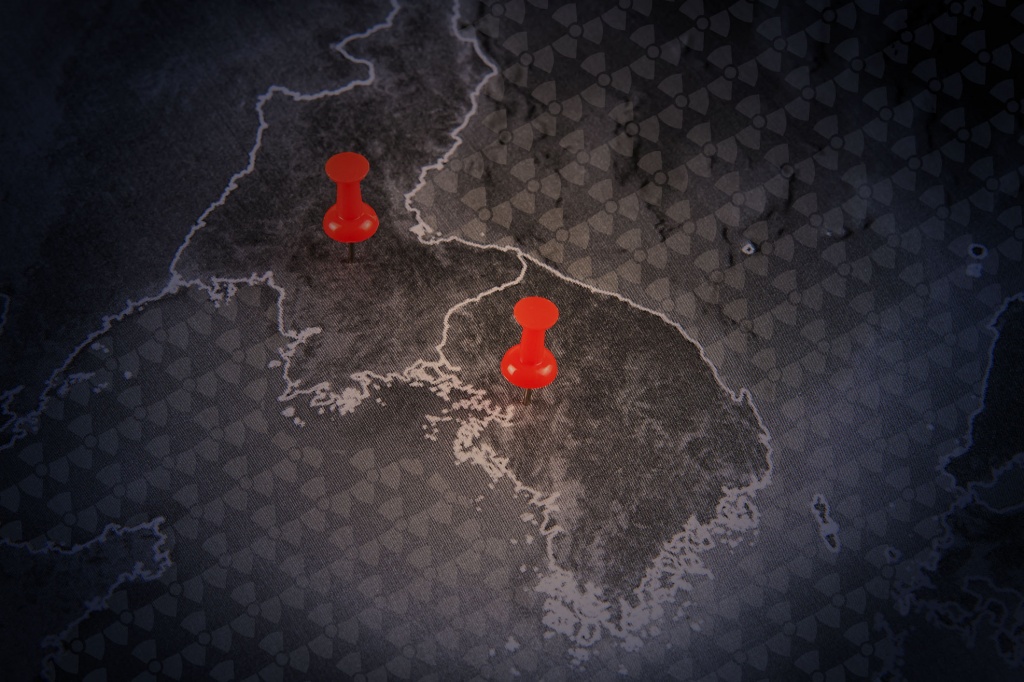
Korean peninsula Nuclear issue:Challenges and Prospects
Anastasia Barannikova
Prepared for the
Project on Reducing the Risk of Nuclear Weapons Use
in Northeast Asia (NU-NEA)
Co-sponsored by
The Research Center for Nuclear Weapons Abolition, Nagasaki University (RECNA),
The Nautilus Institute for Security and Sustainability, and
The Asia-Pacific Leadership Network for Nuclear Non-Proliferation and Disarmament (APLN)
with cooperation of
Panel on Peace and Security of Northeast Asia
Additional funding by the MacArthur Foundation
February 3, 2022
For the last three decades the Korean Peninsula nuclear issue (KPNI) has been considered as one of the most serious threats to security and stability in NEA (Northeast Asia). To date, none of the efforts by the international community—including Six-party talks, pressure and diplomatic efforts, and more recently, activity started by the Democratic People’s Republic of Korea (DPRK) in 2018-2019—have yielded tangible results in addressing the issue. This puts into question the viability of the existing approaches to the DPRK and the feasibility of achieving a KPNI solution.
Keywords:
Korean Peninsula, Nuclear Issue, DPRK, Denuclearization, Balance of Power
Authors’ Profile:

Anastasia Barannikova is a research fellow at ADM Nevelskoy Maritime State University (Vladivostok, Russia) and non-resident senior fellow of Mongolian Institute of Northeast Asian Security and Strategy (Mongolia).
She was a visiting fellow at Center for Strategic & International Studies (CSIS) in 2019, James Martin Center for Non-Proliferation Studies (CNS), Middlebury Institute of International Studies in 2020 and Institute of Far Eastern Studies, Kyungnam University in 2021. She holds PhD in History from ADM Nevelskoy Maritime State University.
Barannikova is the author of more than 100 publications in scientific journals, newspapers, and blogs, including articles in Russian, English, Chinese, Korean, Mongolian, and Japanese languages. Her research interests include (but not limited by) regional (Northeast Asia) security and nuclear non-proliferation: Korean Peninsula, reunification, DPRK foreign and domestic policies, DPRK nuclear and missile program, nuclear posture.
Possible Nuclear Use Cases in Northeast Asia:
Implications for Reducing Nuclear Risk
“Reducing the Risk of Nuclear Weapons Use in Northeast Asia (NU-NEA)” Project Year 1 Report
The project is co-sponsored by The Research Center for Nuclear Weapons Abolition, Nagasaki University (RECNA, Japan), The Asia-Pacific Leadership Network for Nuclear Non-Proliferation and Disarmament (APLN, Seoul), The Nautilus Institute (US), with cooperation of Panel on Peace and Security of Northeast Asia (PSNA, Japan).
The report looks at nuclear weapons use in 2025-2030 as part of a conflict on the Korean Peninsula or Northeast Asia, developing use cases for (mostly) limited nuclear war involving the DPRK, US, China, Russia – as the states to use nuclear weapons first. It also considers the possibility of the use of nuclear or other weapons by non-state actors as a triggering event. The report attempts to address the questions: Why does the nuclear use happen? Which state responds to nuclear first use with nuclear weapons and/or conventional forces? What and where are the targets of nuclear weapons in each case, and when does the attack occur? How are the first strikes and subsequent nuclear attacks carried out? How plausible is the nuclear use case, how significant are its impacts likely to be?
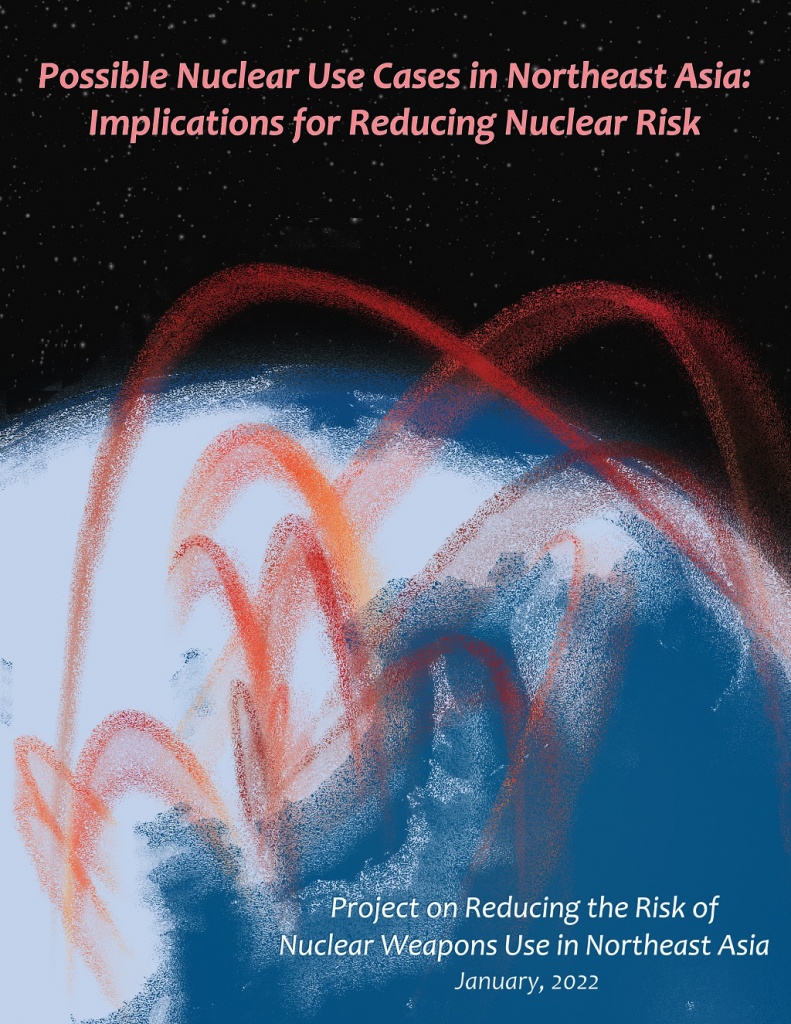 「Nuclear Weapon Use Cases in Northeast Asia: Implications for Reducing the Nuclear Risks」
「Nuclear Weapon Use Cases in Northeast Asia: Implications for Reducing the Nuclear Risks」
“Reducing the Risk of Nuclear Weapons Use in Northeast Asia (NU-NEA)” Project Year 1 Report
Full text of the report (PDF) is here.
The page for this project is here.
It is published simultaneously by RECNA-Nagasaki University, Asia Pacific Leadership Network for Nuclear Non-proliferation and Disarmament (APLN), and Nautilus Institute.
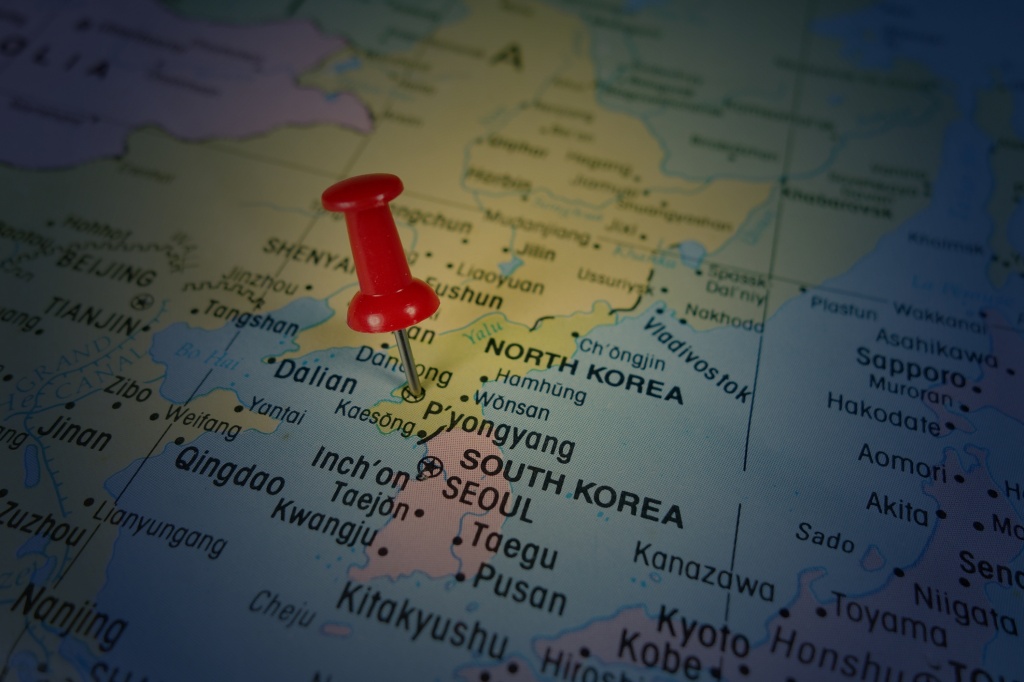
NUCLEAR WEAPONS AND DELIVERY SYSTEMS THAT MIGHT BE IMPLICATED IN NUCLEAR USE INVOLVING THE KOREAN PENINSULA
Matt Korda
Prepared for the
Project on Reducing the Risk of Nuclear Weapons Use
in Northeast Asia (NU-NEA)
Co-sponsored by
The Research Center for Nuclear Weapons Abolition, Nagasaki University (RECNA),
The Nautilus Institute for Security and Sustainability, and
The Asia-Pacific Leadership Network for Nuclear Non-Proliferation and Disarmament (APLN)
with cooperation of
Panel on Peace and Security of Northeast Asia
Additional funding by the MacArthur Foundation
January 20, 2022
It is highly unlikely that the Democratic People’s Republic of Korea (DPRK) would intentionally launch nuclear weapons in the absence of an existential threat to the continued survival of the state and its political leadership. However, in the event of such a scenario—for example, the prospect of an imminent US invasion or regime change operation—it is possible that the DPRK would use some of its estimated forty to fifty nuclear weapons in an attempt to forestall US action. In that case, the DPRK could use its short- and medium-range ballistic missiles early in a conflict to strike political and military targets in the Republic of Korea (ROK) and Japan, it and could potentially use its intermediate-range and intercontinental ballistic missiles to strike US military targets on Guam and Hawaii. The DPRK could also hold some nuclear weapons in reserve to strike the continental United States with intercontinental ballistic missiles, in the event that its initial nuclear strikes did not prevent an existentially threatening conventional invasion of the DPRK. First nuclear strikes by the United States (and its allies), or by China or Russia, may also be unlikely in the absence of an overwhelming provocation, but the nuclear weapons and launch systems available to these states are also considered.
Keywords:
DPRK, Nuclear Weapons, Delivery Systems, Nuclear-use Case, Korean Peninsula, United States
Authors’ Profile:
Matt Korda is a senior research associate and project manager for the Nuclear Information Project at the Federation of American Scientists, where he co-authors the Nuclear Notebook with Hans Kristensen. Matt is also an associate researcher with the Nuclear Disarmament, Arms Control and Non-proliferation Programme at the Stockholm International Peace Research Institute (SIPRI). Previously, he worked for the Arms Control, Disarmament, and WMD Non-Proliferation Centre at NATO HQ in Brussels. Matt received his MA in International Peace & Security from the Department of War Studies at King’s College London.
